Choosing a genre for your music
Every now and then I encounter people I work with who have trouble choosing a genre to produce in because they like a wide variety of different genres and have too many ideas. I’ve also experienced this myself in my early years of DJing, and it was a bit of an issue for my sets. Given my early experiences, I’m well situated to understand how it can feel to have too many ideas and to have trouble settling on a specific genre or style. I’d like to discuss how you can deal with this problem in your own music-making.
As a DJ in the late ’80s and early ’90s, I was very much interested in emotional music and techno. There was some commercial dance music that I would dig and mix with techno in my sets, but the reactions I’d get when I’d do this were often not very good. There are legendary DJs like Laurent Garnier who are masters of surfing different genres in a single set, going from one to another seamlessly and having people love it, but this is an art in itself. To understand how to do this, you have to understand how the music you’re playing is made and how it works, in terms of rhythms and harmonies. But once you do, anything is possible. Now, software like Traktor or Mixed In Key can help with this type of mixing; the flexibility we have now with modern technology provides us with many options to constantly reinvent ourselves.
But what about music-making and producing as opposed to DJing? How can you choose a genre to make if you are interested in many?
I like to have a very open mind about producing in terms of taking influences from multiple genres and styles; I’d say that it can actually be something positive once you understand how your brain works. Many people feel that cross-breeding genres will end up a mess, but just like DJing, it can work. Let me discuss how:
One genre, one alias
A very simple way to approach producing in multiple genres is to use the Uwe Schmidt (Atom) approach where you make and explore making music in one genre, under one alias. Schmidt has a ridiculous amount of aliases he’s been using to make all the music he’s inspired to. He doesn’t hold back, he just makes music and will do whatever he feels like doing in-studio. He might make techno some days, but also has a funny salsa-flavoured house project under the alias Senor Coconut. I’ve always felt that making music should be comparable to an ultimate feeling of freedom. If you don’t feel free, your brain is stuck on something. I think that easiest way to approach solve feeling stuck is to make music using my parallel production technique. When you save your projects, make sure to have folders or categories so you know what project sounds like what.
The advantages of working in parallel this way include:
- You’ll never run into limitations or lack inspiration.
- Learning techniques from multiple genres can be a very enriching experience.
- You get to play with different sounds and tools in each session which will never be boring.
- Exploring different genres can ultimately lead you to new breeds of styles, spawned from mixing two worlds together which creates your own original identity.
- Perhaps you’re not aware that you are very good at making a specific genre until you’ve explored it.
However, there are also disadvantages to working on multiple styles in parallel such as:
- It might take longer to get recognition in one genre if you’re all over the place. “Jack of all trades, master of nothing” holds true.
- You might never get really solid at working in any genre. Each genre has different approaches and techniques which can take time to master.
- Getting gigs might become confusing for promoters.
- Managing multiple accounts/identites on Soundcloud or elsewhere can be a bit of an issue.
So, where should you start with deciding on your genre(s)?
I’ll speak for myself and say that for me, things started to make sense once I saw Plastikman do a live set in 1998 (I’ve said this in countless posts, sorry). I realized that what happened that day was a barrage of multiple personal insights:
- His set was so inspiring, sounded so new, innovative, and different than everything else, that I fell in love with the sound. It was some sort of deep minimal, with a dub approach. My mind had a reaction of “OMG when this set is over, where am I going to hear this again?!” Back then, when a show was done, it was over. Insight 1: After this show, my brain felt I needed to make music to feed itself.
- One of the other things that inspired me was how he was using panning and the stereo image to have sounds move in the space in real time. It was truly an exciting experience to hear movement. I felt that I had not heard this enough before and not in a live context. Insight 2: My inspiration came from seeing and hearing this creativity and exploration of new sounds.
- A last point that’s important here was that this event was well attended and people really understood what was going on and dancing and enjoying the set. I was in awe to see that. Some events I play, people are on the dance floor talking the entire time which drives me bonkers. Insight 3: I wanted to be part of this community of people who liked exploratory music.
When you decide on a genre, there are different things to keep in mind: what are you making? Who are you making it for? Why are you making it? If you’re making music in multiple different genres, your purpose might not be clear, but once it is, it will make more sense for you to trim your genres of interest down to only a few (ideally, just two). I like to encourage people to be interested in two styles because you might get bored of one, or it will become difficult to introduce new elements to your routine.
There’s another important thing to keep in mind when choosing a genre to work in: before you get really good at it, that genre might go “out of style.”
Is working in an outdated style a bad thing, though? Well, when you love something deeply, you usually don’t care if it’s less popular because that genre is you in the end. However, if your goals are releases, bookings, etc., it might get tricky. When minimal techno’s popularity started waning around 2009, many DJs and producers all jumped on the house bandwagon – sometimes not even liking it – they felt they needed to make house if they still wanted to get booked.
To summarize, I think that if you’re not yet set on one or two genres, there’s a part of you that’s still searching for your style. It might take time to figure it out, but I believe that going out and really enjoying music, then listening to it at home, will help you narrow down your search.

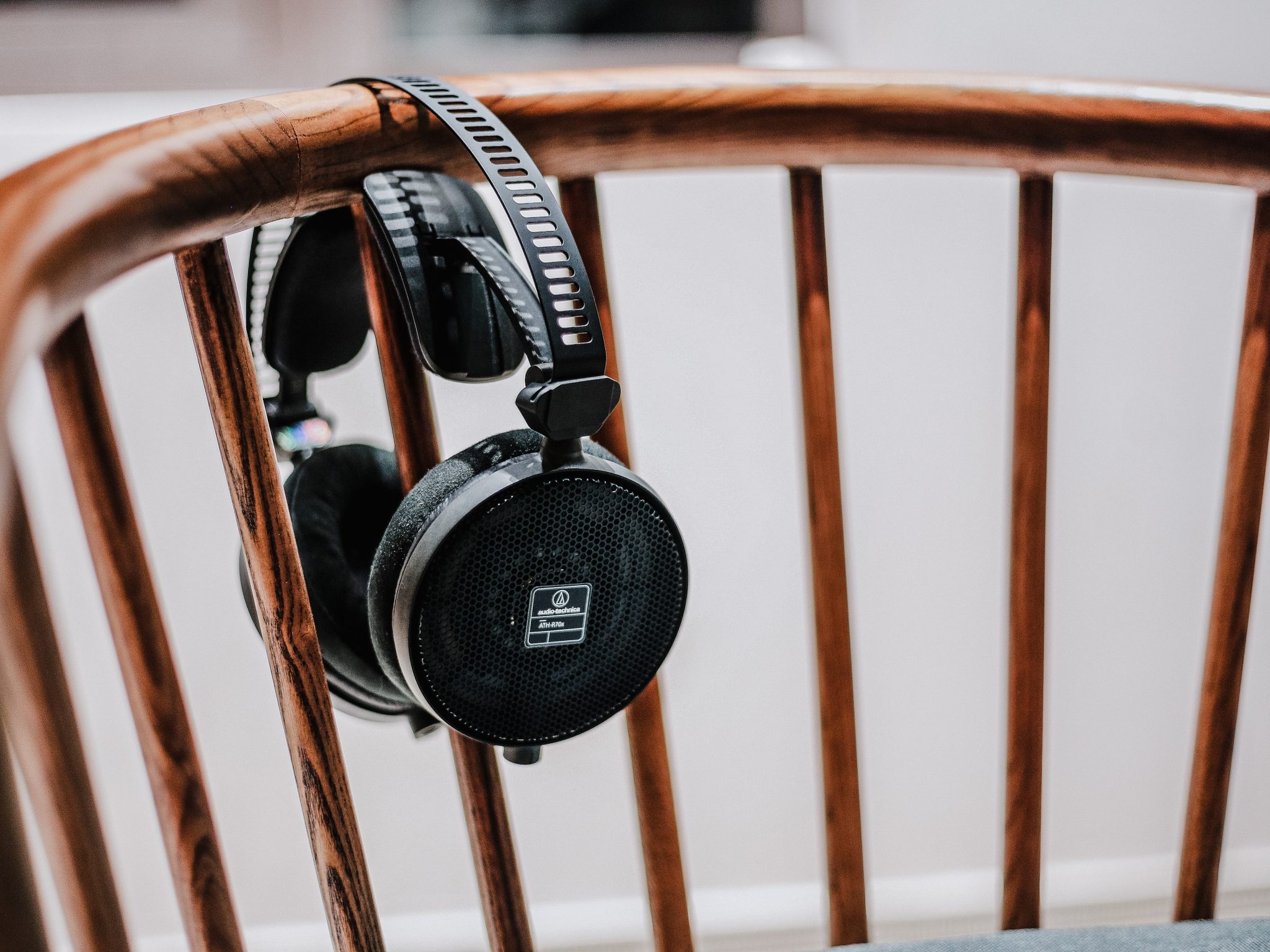
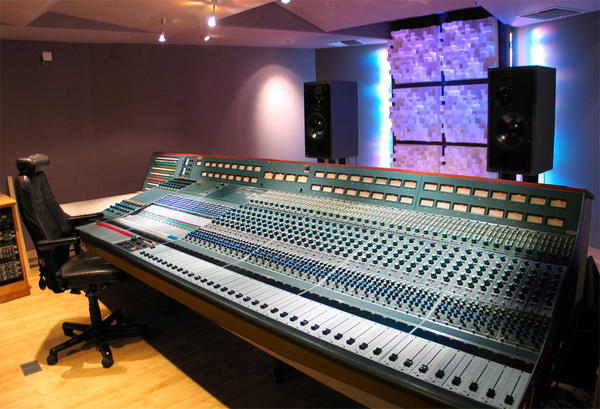
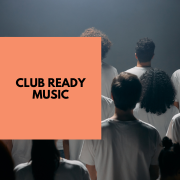
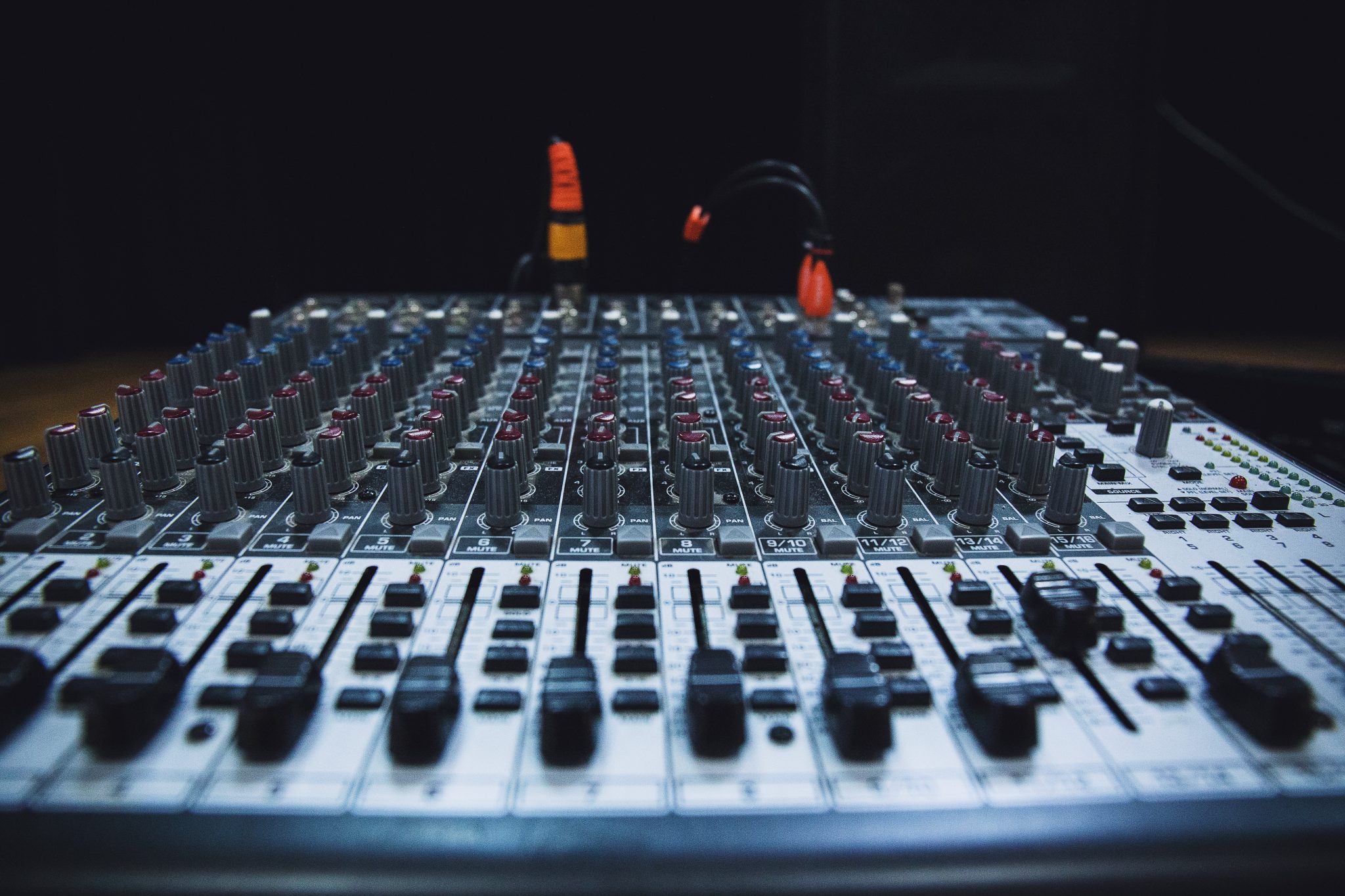

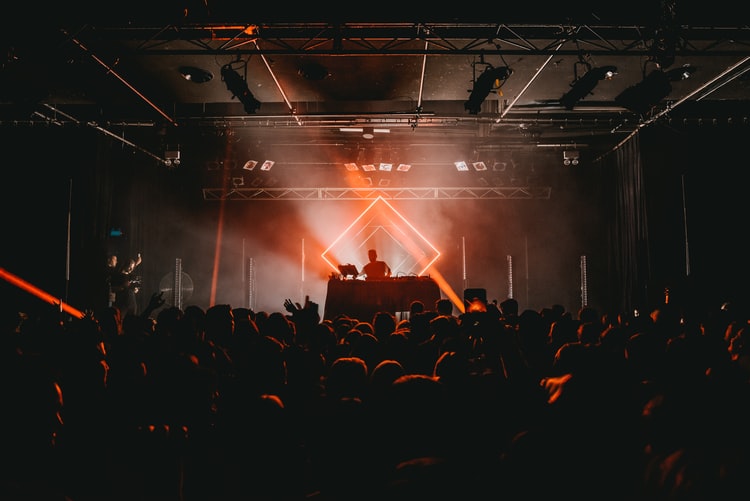
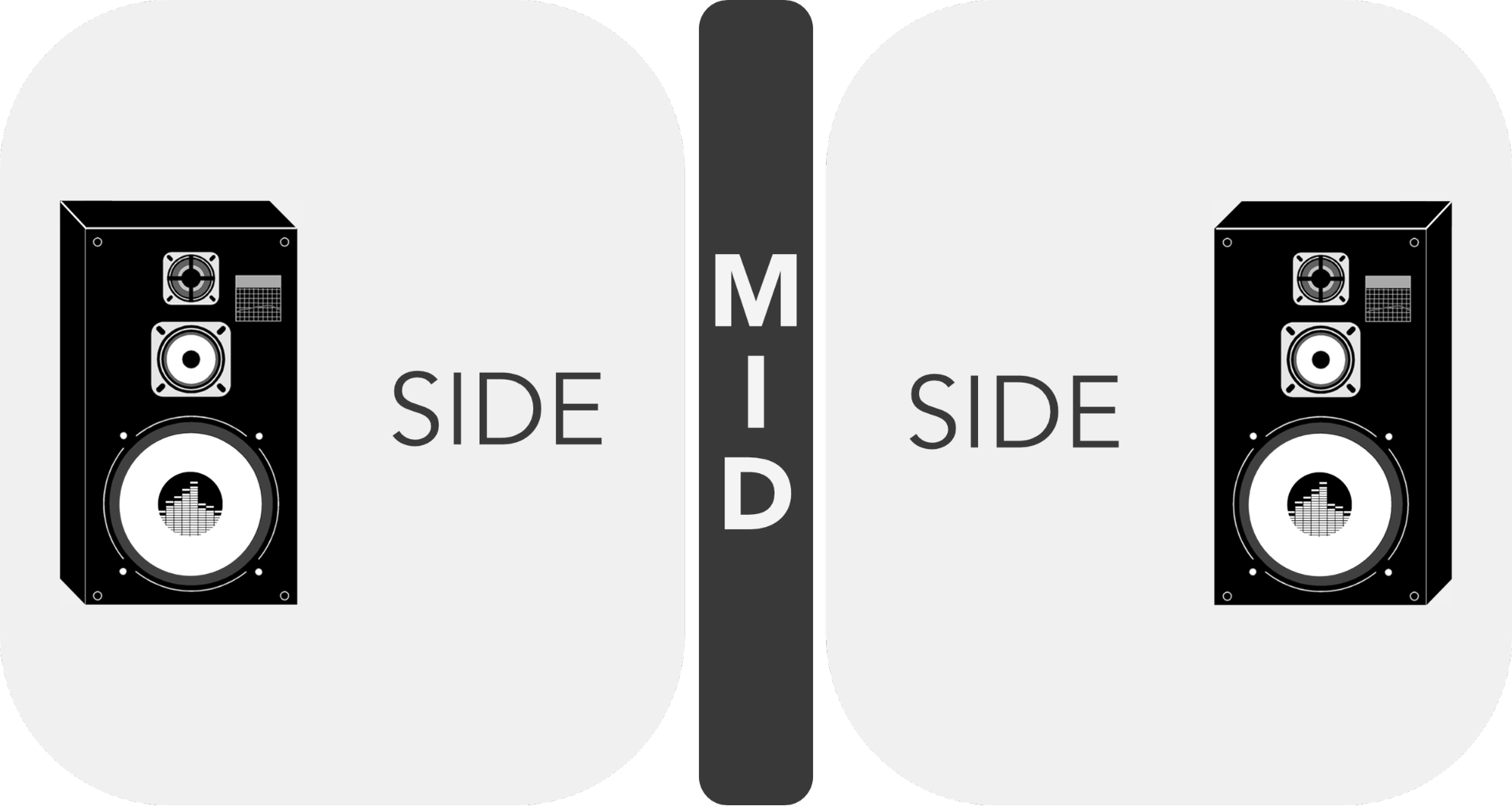
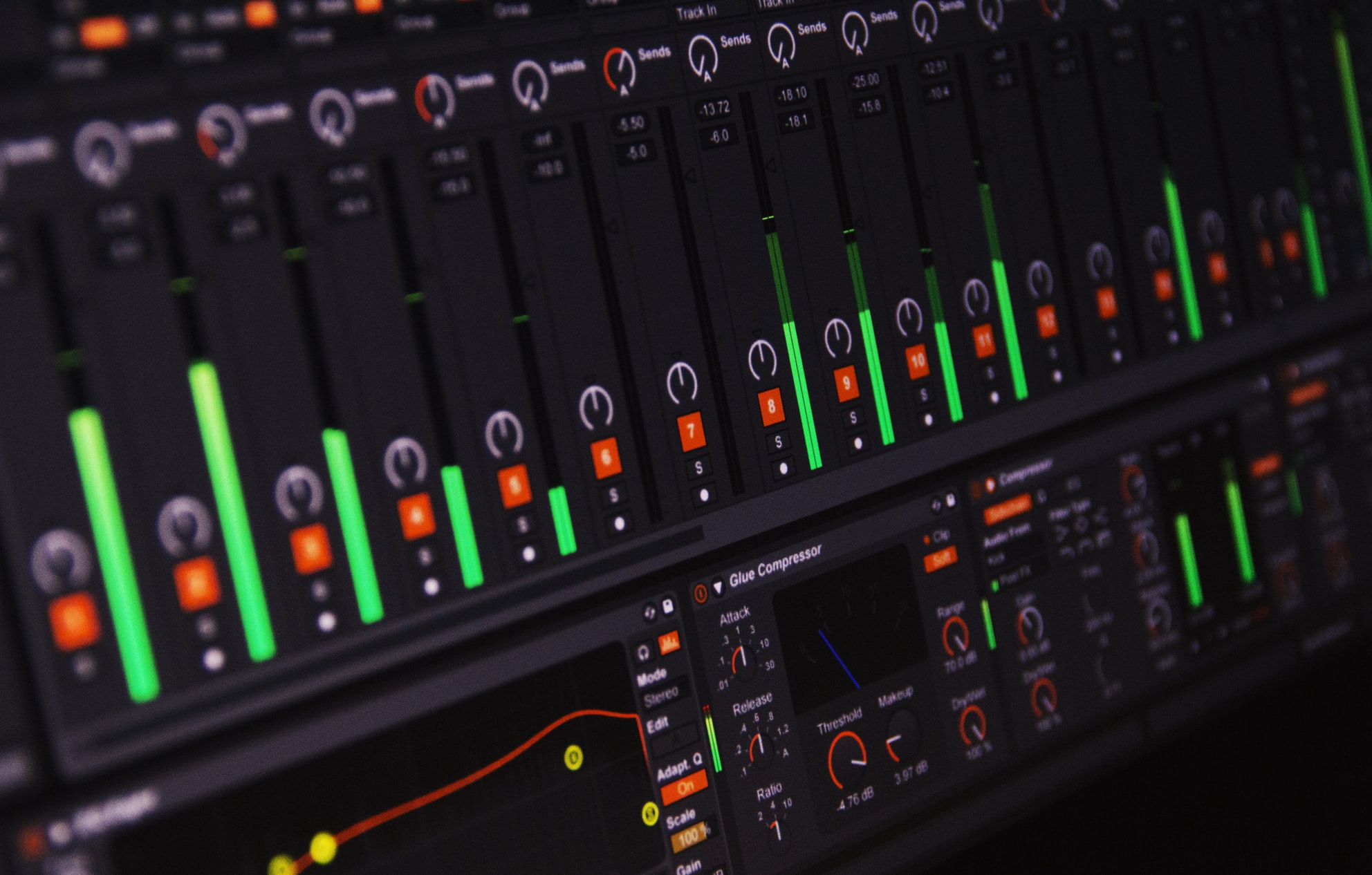
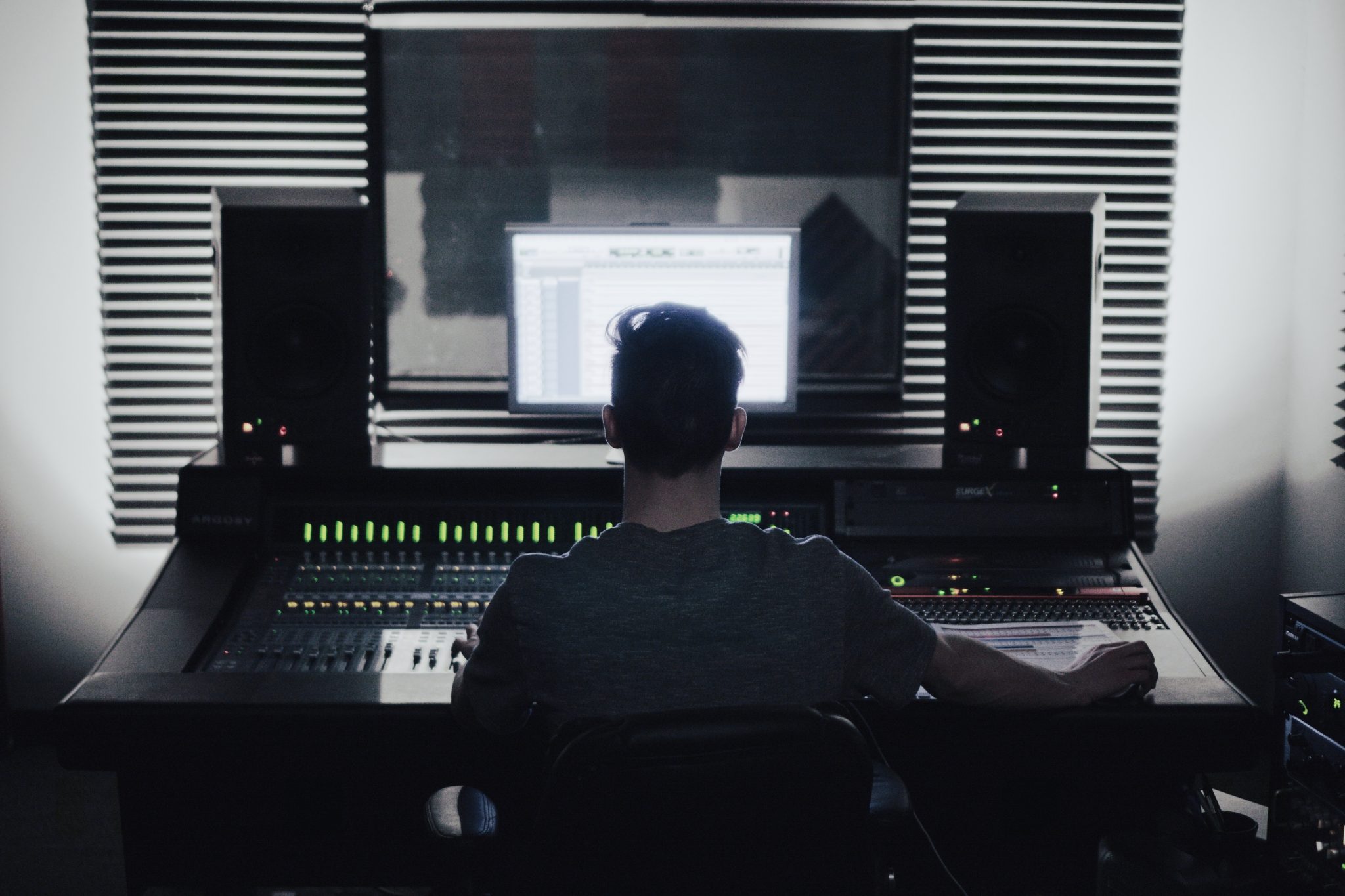
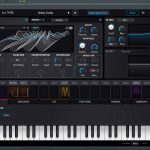
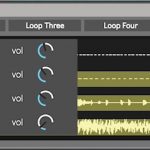
Leave a Reply
Want to join the discussion?Feel free to contribute!